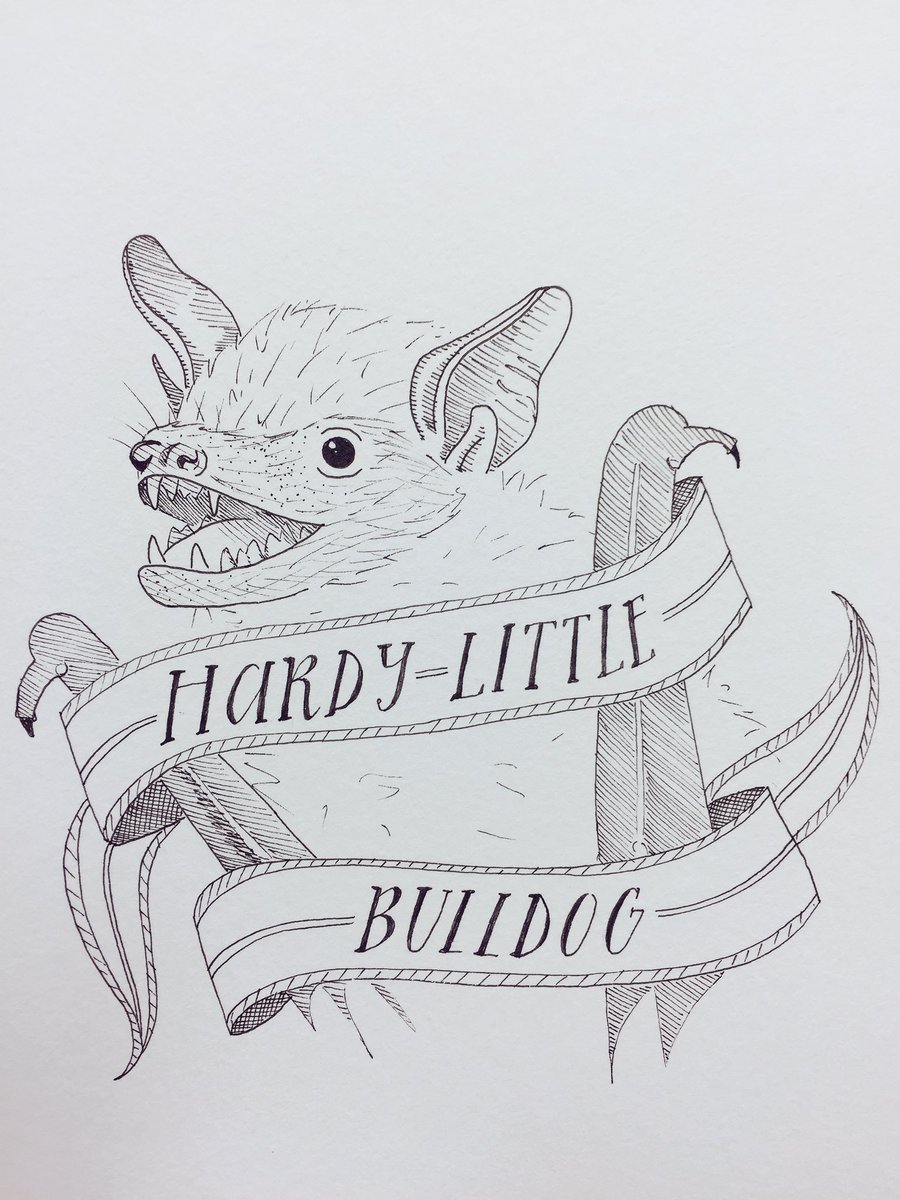Share Fieldwork: Featuring Science Instagrammer shelbybo
Update August 2017 - I've launched a new research project to study public perceptions of scientist Instagrammers with a team of incredible researchers! Check out the project at experiment.com/scientistselfies - you can help us by contributing images and supporting the research through Experiment.com!
Over the past month, I've been preparing a scientific study with Dr. Nicole Dahmen of how science is depicted on Instagram. We just submitted a conference paper on the subject! But I've also been wanting to get a more personal perspective of how Instagram is being used by science communicators. So I've invited science instagrammers to answer a few of my questions about their science IG practices.
Third up in this series is Shelby Bohn, @shelbybo on Instagram. Shelby is a graduate student studying ecology & physiology of silver-haired bats. Her Masters thesis explores "the energetic implications of roost selection in reproductive silver-haired bats." I've asked Shelby to tell us about her science Instagram practices in the Q&A below. Enjoy!
*Some links below to particular Instagram posts added by Paige. Light editing for clarity.
Me: When did you start Instagramming about science? What is your Instagram username?
@shelbybo: My username is @shelbybo and I've been using Instagram since 2012.
Video: A bat having a snack!
Me: Do you use Instagram to share straight science, or more to share your life as a scientist/science student etc.?
@shelbybo: When I first started using Instagram during my undergrad, I didn't post much from a #scicomm perspective. When I started doing field research, there was a lot more visual content that I wanted to share, like interesting study species or picturesque study site views.
Me: What are your goals when Instagramming science?
@shelbybo: I'm interested in changing public attitudes towards bats, which have been maligned for a really long time, and Instagram is a great tool for approaching this. I think bats are pretty cute, and a lot of people who have never seen one before don't necessarily expect that. There's an image of a bat that people tend to have in their mind, and it doesn't always align with how bats actually look up close.
I'm also interested in changing public perceptions of scientists. I hope that as people see more scientists out there who don't fit the traditional perception of scientist, (both in their personal identity and whether or not they wear a lab coat) it will be easier for younger folks to see themselves as scientists down the road too. The science selfie can be pretty important for that!
Me: What kinds of things do you usually post on your (science) Instagram account? How often do you post?
@shelbybo: When I post from the field, I usually post pictures or videos of where we work or the species that we work with. Generally I try to post at least once a week.
Me: How often do you post original visuals you created yourself, vs. reposting images or videos created by others? What are your favorite kinds of things to post on Instagram?
@shelbybo: I always post photos that I took myself, or rarely, photos of me that others took with a photo credit.
Me: What kind of reception do you get on your Instagram science posts? What kinds of posts seem to get the most likes/comments?
@shelbyboL The reception is usually pretty good! Photos of bats and selfies tend to get the most likes and comments.
Me: How do you KNOW when something / some piece of science content is Instagram-worthy?
@shelbybo: It's usually a photo I'm proud of or a fieldwork story that I want to tell with a corresponding photo.
Me: Anything else you'd like to add about your science Instagramming practices, or tips for others getting into using Instagram for science?
@shelbybo: Since Instagram is all about sharing visual content, it's really helpful when that content is beautiful or striking in some way. Sometimes people will read the caption, but sometimes the photo is your only chance to make an impression.
If you are a science Instagrammer and you'd like to be featured on my blog, e-mail me at paigebjarreau@gmail.com!
Read more about science Instagram practices: Picture Your Ideas - Featuring Science Instagrammer @Suepillans

